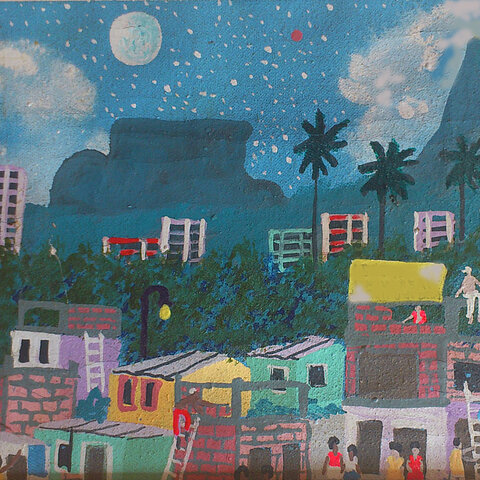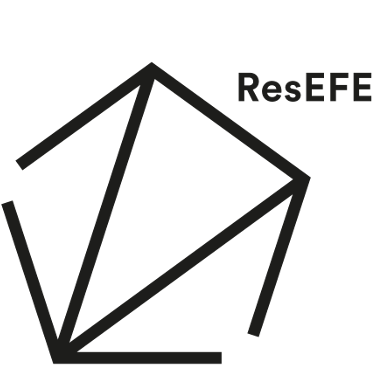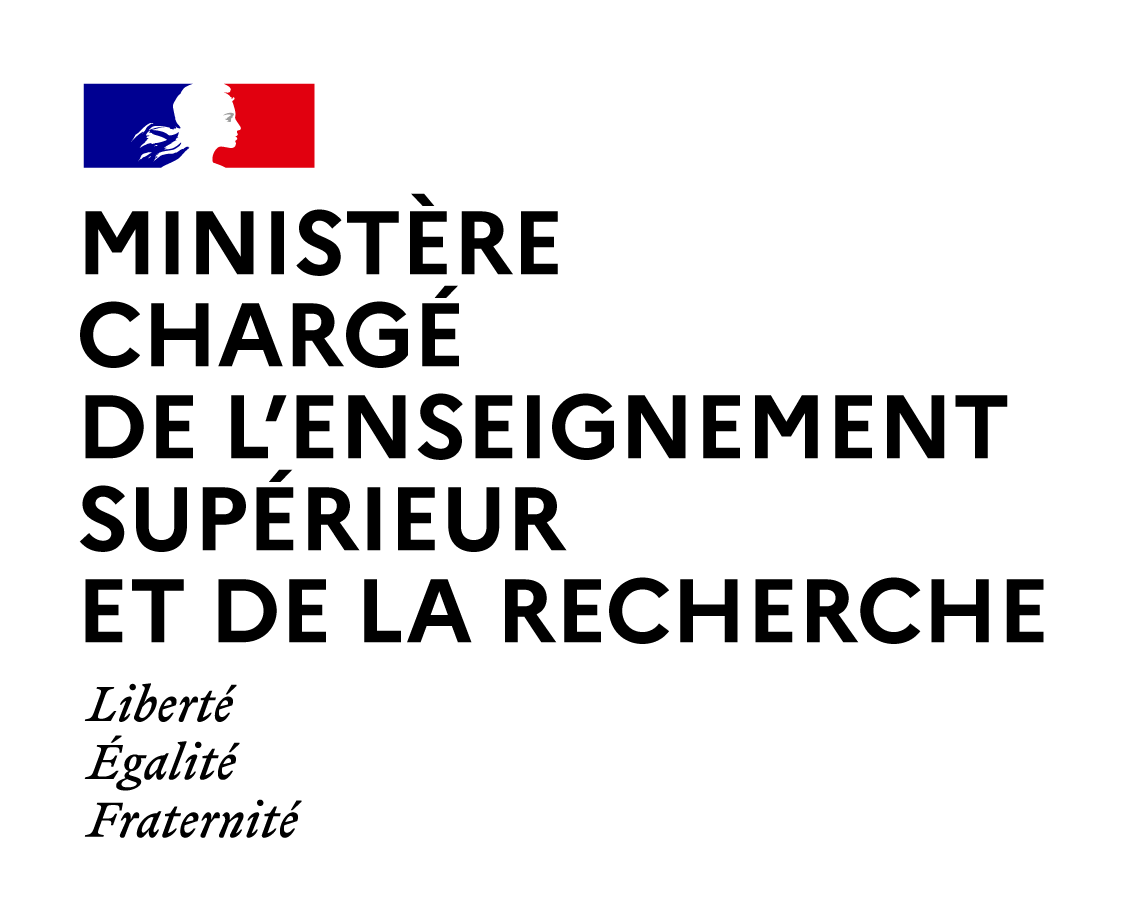Coord. : Fabienne WATEAU (UMR 7186, LESC, Nanterre), Marie-Hélène BACQUE (LAVUE, Université Paris Ouest Nanterre La Défense), Agathe EUZEN (UMR 8134 (LATTS, Paris), Mónica TRUNINGER (Instituto de Ciências Sociais).
Org. : École des hautes études hispaniques et ibériques (Casa de Velázquez, Madrid), UMR 7186 (LESC, Nanterre), UMR 7218 (LAVUE/MOSAIQUE, Nanterre), UMR 8134 (LATTS, Paris), Instituto de Cienciais Sociais (ICS, Lisboa).
Coll. : CNRS INEE (Institut de l’écologie et de l’environnement), UMR 7186 (LESC, Nanterre), UMR 7218 (LAVUE/MOSAIQUE, Nanterre), Instituto de Ciências Sociais (ICS Lisboa), Universidade de Santiago de Compostela, Centro de Estudios Rurales y de Agricultura Internacional (CERAI), Sociedad Española de Agricultura Ecológica (SEAE).
Lieu de célébration :
Casa de Velázquez
C/ de Paul Guinard, 3
28040 Madrid
Présentation
This seminar seeks to bring together at the Casa de Velázquez, in Madrid, teachers-researchers, researchers and students around the vast and current issue of sustainability, frequently raised by and in contemporary societies in the context of both rural and urban spaces. It continues the work developed under the research project carried out between the University of Boston and the University of Nanterre (MAE-Paris 10) on the structures of community organizing, which involves thinking in the city about alternative habitats and alternative agriculture, among other topics, as well as about forms of application.
The seminar in Madrid will take on the form of a series of work sessions during one semester, and will gather registered participants in order to favor collective work. A possible outcome of the seminar will be a to develop a research project in partnership with the Casa de Velázquez. The goal will first be to bring together institutions and universities in France, Spain and Portugal – and later in the USA – to create synergies and to identify a certain number of field research sites. The seminar will take place over a two-year period: in the first year, participants, and in particular students whose work addresses this question, will confront their topics; in the second year, a CNRS thematic school (or a 3 or 4-day workshop in Madrid) will be organized, bringing together researchers and PHD students to discuss their researches and a shared bibliography.
The last years witnessed the blossoming of numerous so-called alternative citizen initiatives and forms of collective organization in the field of territorial management and development. This alternative aspect can for example take on the form of citizens and associations participating in the building of cities and gardens. It also emerges as a proposition connected to sustainable policies in their global options about the environment. Some of these initiatives are associated with self-organization, empowerment or participation, others with the transition in the production and management of territories or with sustainability. What they have in common is the fact that they are connected to concrete and pragmatic strategies aimed at transforming practices. What are people capable of devising for change? Can change take place from the inside out, through the initiative of citizens, through their power to act, and if so, how? What kind of dialogue will it involve with institutions, if any? What is the role of individuals, but also of municipalities, districts and regions, faced with global guidelines that affect their local? From an anthropological perspective, how is sustainable development perceived, understood or employed by populations? This seminar proposes to address these questions through the innovative articulation of urban and rural projects.
Organization of the seminar
The seminar will consist of a set of three sessions to take place on Mondays on 24 November 2014, and on 26 January and 23 March 2015. Presentations prepared by the registered researchers or doctoral and post-doctoral students are welcome.
In each session, conferences are scheduled for the mornings and workshops for the afternoons. Registered participants will present their works during the latter. A series of texts will be made available on a website after participants register.
Registration conditions
Participation in the seminar is free but subjected to the following conditions:
- Participants must make a commitment to attend all three sessions of the seminar, to ensure a better quality of collective reflection. The participation certificate will only be handed to those who take part in all the sessions.
- Participation is limited to 25 people. Participants will receive a confirmation of their registration. Potential participants must fill in the registration form before 2 November 2014.
- Participants will speak their language. Synthesis translation will be presented during conferences and debates.
- Participants are responsible for travel and accommodation costs.
- Lunch will be offered to all participants in each session.
For more information, contact Flora Lorente, secretary of the EHEHI-Casa de Velázquez: ehehi@casadevelazquez.org
Programme
24 novembre 2014
10h-10h30
OUVERTURE
Michel BERTRAND
Directeur de la Casa de Velázquez
Marie-Hélène BACQUÉ, Agathe EUZEN, Mónica TRUNINGER, Fabienne WATEAU
Coordinatrices du séminaire
10h30-14h
DURABILITE, ALTERNATIVES ET SOCIETES : PROBLEMATIQUE, CONCEPTS, THEMATIQUES
Fabienne WATEAU
UMR 7186 (LESC, Nanterre)
Questionnements, objectifs et programme
Agathe EUZEN
UMR 8134 (LATTS, Paris)
Un développement durable pour quelles formes de durabilité ?
Marie-Hélène BACQUE
UMR 7218 (LAVUE/MOSAIQUE, Nanterre)
Alternatives en ville: les enjeux de la démocratie participative.
Mónica TRUNINGER
Instituto de Cîencias Sociais (ICS, Lisboa)
Consumption, Food and Practices: towards alternative reconfigurations?
16h-19h
ATELIER
Présentation des participants et de leurs travaux en cours
Premières bibliographies partagées
26 janvier 2015
10h-14h
HABITAT ALTERNATIF
Anne D’ORAZIO et Claire CARRIOU
UMR 7218 (LAVUE/MOSAIQUE, Paris)
Les alternatives dans la production et la gestion de l’habitat
Héloïse NEZ
Université de Tours (CITERES)
Le pouvoir d'agir des Indignés : le cas du réseau des droits sociaux de Carabanchel
Ismael BLANCO
Universitat Autónoma de Barcelona
Social innovation against urban segregation? Lessons from Catalonia (Spain)
16h-19h
ATELIER
Bibliographies commentées : Sylvère Tribout (Lavue) ; Anne d’Orazio (Lavue), Emilio Díaz (EPS Lugo-USC), João Mourato (ICS). Recherches en cours des étudiants : Jéremy Louis (Lavue), Mélodie Vidalain (Lesc), Derya Ozel (Lesc), Adrien Krauz (Lavue), Luis Junqueira (ICS)
23 mars 2015
10h-14h
AGRICULTURE ALTERNATIVE
Xan NEIRA
Universidade de Santiago de Compostela (Lugo)
La agroecologia en España
Monique POULOT
Université Paris Ouest Nanterre la Défense
Agriculture périurbaine
Carole BIEWENER
Simmons College (Boston)
Urban Agriculture in Boston: What Alternatives at Play?
Beatriz SANTAMARINA
Universitat de Valencia
Crisis ecológica: de lo normativo a lo alternativo
16h-19h
ATELIERS
Bibliographies commentées : Marta Cardín (EPS Lugo -USC)
Recherches en cours des étudiants : Violaine Héritier (Lesc), Michel Guiguen (Lesc), étudiant de Monique Poulot.
Film : A cana de medir a água (Présentation Xan Neira)


















